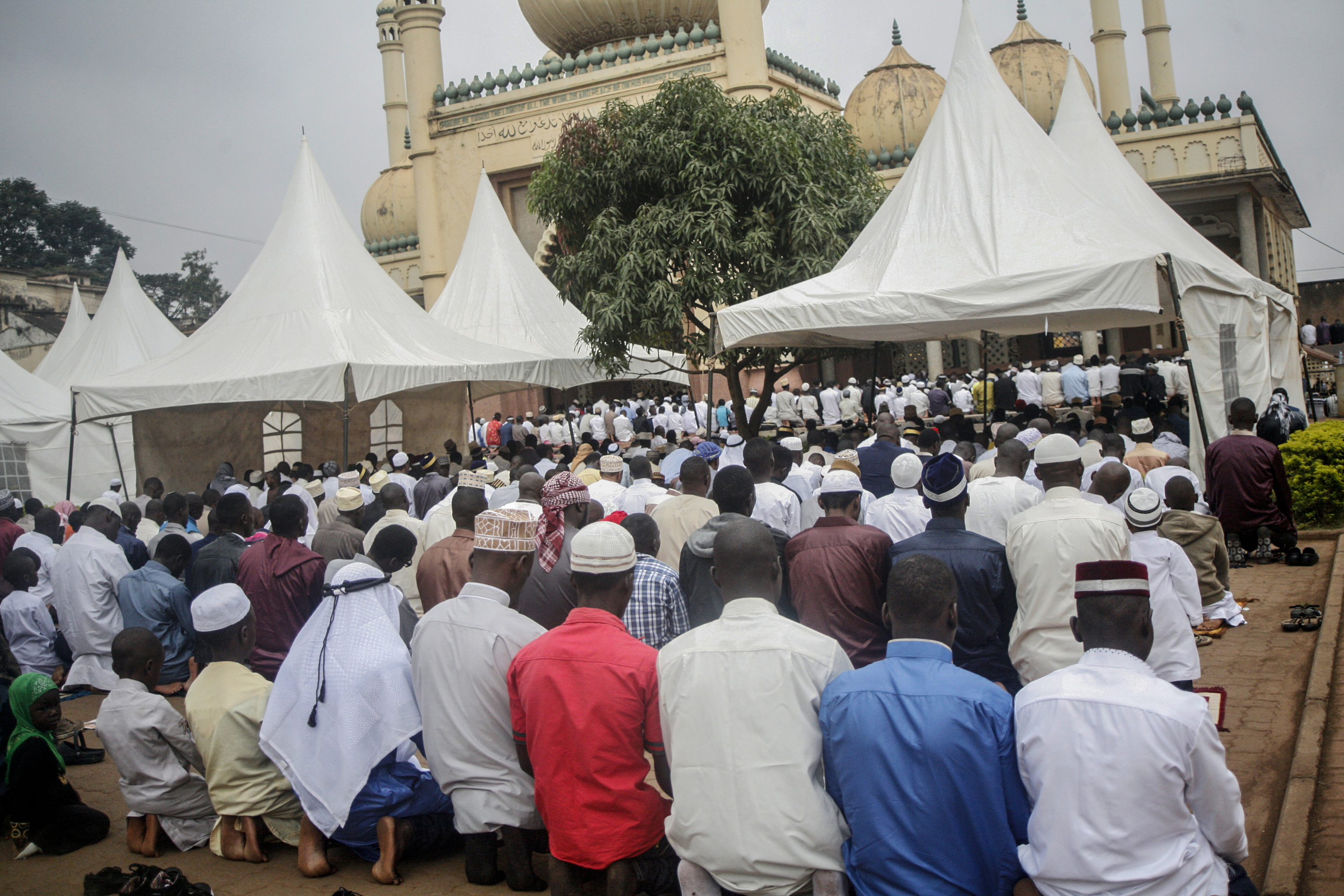Muslim leaders reject wealth sharing Bill

Muslims praying at Wandegeya Mosque in August 2018. The faithful say the Succession Bill 2018 passed by MPs contradicts the tenets of their faith. PHOTO/ KELVIN ATUHAIRE
What you need to know:
- At the signing of the MoU with MCJL, the registrar general at URBS, Ms Mercy Kainobwisho, noted that statistics indicate that only six per cent of Islamic marriages are registered with government while those of Christians are about 40 per cent.
Muslim leaders have rejected the Succession Bill, 2018, which was passed by Parliament on Tuesday, saying some of its clauses contradict the Islamic teaching in regard to distribution of property.
Parliament had proposed a law providing for the protection of a principle residence or matrimonial home from being sold by the surviving spouse or children. The law again had not limited the principal home to only one house but all residences the spouse owned shall not be put in the will.
They must remain in the care of the surviving spouses and the children under the age of 18 or those still in school.
But the Bill passed by MPs contradicts the tenets of Islamic faith under “Fara’id,” also known as “Mirath,” that guides on the distribution of two-thirds of the deceased person’s property whether he or she left behind a Will or not .
Speaking to journalists yesterday, Mr Kasim Mwasa, the research and advocacy officer at Muslim Centre for Justice and Law (MCJL), said Muslims should be excluded from the Succession Bill because the Islamic teaching indicates how property should be distributed.
Mr Mwasa added that in the Bill, the distribution law does not apply to Muslims, some of whom have more than one wife.
“In Islamic teaching, it’s not about percentage but fractions; it says if the husband dies, the surviving wife receives one fourth of the assets and one–eighth of the assets, if she has children. Children share the remaining part of that estate, with boys taking twice of what the girls take,” he added.
He made the remarks at the signing of a memorandum of understanding (MoU) between MCJL and the Uganda Registration Services Bureau (URSB) on registration of Muslim marriages.
Sheikh Muhammad Kibaate, the deputy head of the Kibuli Muslim faction, also disagreed with contents of the Succession Bill,2018.
“According to Islam, the property of the deceased should be distributed according to the Quran teaching. If a man dies, the property is distributed among the wife and the children but leaving the house to whoever remains (as per the Bill) is not allowed in Islam,” he told Daily Monitor in a telephone interview.
Sheikh Waiswa Muhammad, the Deputy Mufti, also insisted that there is no way Muslims can abide by the new Bill when the Quran still exists.
At the signing of the MoU with MCJL, the registrar general at URBS, Ms Mercy Kainobwisho, noted that statistics indicate that only six per cent of Islamic marriages are registered with government while those of Christians are about 40 per cent.
“The failure to register Islamic marriages, and having records affects the statistical data we have but also gives us misrepresentation in the National database and denies people benefits that come with legal protection and weakens family institutions,” she said.




